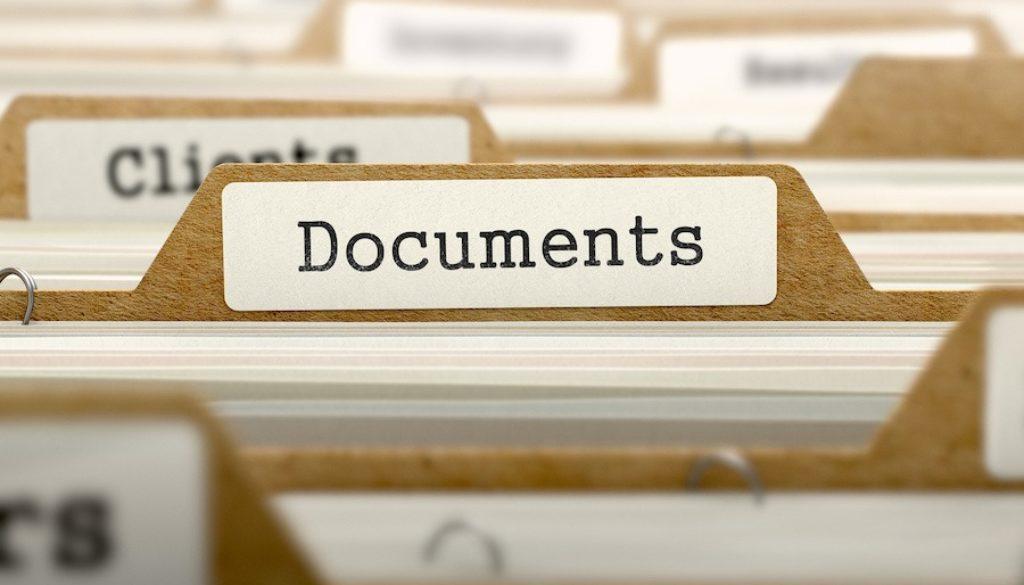Difficulties of legal translation
The translation of legal documents is the most difficult of all kinds of translations and requires the highest form of accuracy and in-depth knowledge in several fields. As the world becomes more global, the need for legal translation is increasing. Legal translators therefore face many challenges that you can discover and understand in this article.
The writing of laws varies greatly depending on the time period and the countries they are established in. Throughout history, lawyers have been confronted with the difficulties associated with the world’s wide linguistic diversity.
For example, legal translators had to transpose Roman law, written in Latin, into many other languages in order to disseminate and understand it.
What is legal translation?
Legal translation, like any other type of translation, is the replacement of the source language by the target language. However, legal translation is different because the law of each country coincides with its culture. It uses the content and terms of the legal system in force in the country of origin in the source document. As the world becomes more globalized, the need for legal translation is increasing.
In addition to language barriers, differences between legal systems turn legal translation into a very complex operation.
The translation of legal documents is the most difficult of all and requires the highest level of accuracy along with deep knowledge of legal systems, terminology, languages and cultural differences.
Legal translation is required for many documents birth certificates, application letters, technical patent confirmations, financial statements and business contracts to name a few.
Translators must not only be familiar with the field in question, but also with both languages: the source language and the target language. They must deal with the regulatory requirements and legal intricacies of the cultural and legal systems of both languages.
Terminology and legal system specific to each country:
The translation of legal documents is considered to be more difficult than most due to its terminology which varies from one country’s legal system to the next. This is often the case even when different countries share the same language.
In addition, to translate a legal document from one language to another, the translator must first have a good understanding of the legal systems themselves.
For example, the legal systems of France and Switzerland differ even though French is an official language of both countries.
The laws surrounding marriage differ considerably from one culture to another and the age of marriage is by no means a fixed concept. Some countries have no minimum legal age for marriage (Maldives, Saudi Arabia), others have a legal age as low as 9 years (parts of Lebanon) and some countries have a legal age for marriage as high as 22 (men in China).
In addition, some countries often have different legal marriage ages according to gender. For example, men are legally allowed to marry at age 18 in Chad, Niger and Iran, while girls are legally allowed to marry at age 15.
So, for a legal translator, it’s not as simple as simply translating the word marriage, there must be an awareness of the differences between legal systems and legal concepts all over the world.

Since many expressions of the source language may not have precise equivalents in the target language and literal translations may not convey meaning, the original expression is sometimes reproduced after paraphrasing. In such cases, a translator’s note is usually attached as an appendix.
Legal translators and knowledge requirements
A legal translator must have skills in three areas: knowledge of the target language, familiarity with relevant terminology and familiarity with the legal systems of both the source language and the target language. Word-for-word translation when translating legal documents is highly unadvisable.
For this reason, the legal translator must be a linguist, lawyer and researcher, constantly searching for specific terms and laws in order to be able to decode the source and find its true meaning.
Similarly, the translator must understand the purpose and usefulness of the translation as this will affect the approach when translating the document. For example, care is required regarding, syntax, phraseology and terminology.
Translators must have access to all legal resources such as legal dictionaries, online databases, libraries, journals, etc. They will have to supplement their knowledge acquired through experience in order to create translations that are legally valid in the target country. Nevertheless, translations must preserve the terminology, syntactic models and nuances of the law of the original document.

Another difficulty that concerns legal translation, unlike other forms of translation, is certification. It is generally required when documents such as birth or death certificates, immigration documents, transcripts, police certificates, marriage licences, divorce judgments, etc. are submitted to foreign countries for acceptance by courts and other institutions as legal records.
The translator or proof-reader will generally have to attest the accuracy of the translated document by signing a declaration in the presence of a public notary.
Legal translation and Culture
Legal translation is limited by the field of law and needs to maintain cultural factors found in the source document or source text. The source text therefore provides the structure of the sentence that reflects the law or culture. The translated document or target text must adhere to this cultural structure so that there is no violation of cultural norms, true meanings or jurisdiction.
This is why legal translation focuses more on clearly defining rights, duties, obligations and other specific contracts so that these factors remain unchanged after translation. On top of this, legal translation often requires a certificate of accuracy.
In the case of translation of documents concerning wills, articles of incorporation, trusts, depositions, immigration, real estate exhibitions, the presence of a translator is often required.
Translation Meaning vs. tone
Once translated, a legal document must remain faithful to the original in its absolute sense. Any deviation from the original text can render a legal document useless, with gaps that did not exist previously, thus conveying a completely different meaning. Unlike any other document, legal translations must be consistent, fair, balanced and representative of the original text.
While in other texts, translations can often literally communicate the message in another language, this is often impossible in legal documents. Translations must be legally correct rather than literal, keeping everything originally intended by the author, both in meaning and severity of tone. Due to this, translation requires a certain degree of localization relevant to the target audience.
Because of all these difficulties, which may be encountered during a legal translation, it is important to use the right translator: a professional, experienced and above all native translator.
HI-COM offers a reliable legal translation service using translators who are always native speakers of the target language to ensure the quality of the translation. In addition, our team of qualified project managers is at your disposal for any additional requests.
We will be happy to help you with your translations, so don’t wait any longer and contact us!



